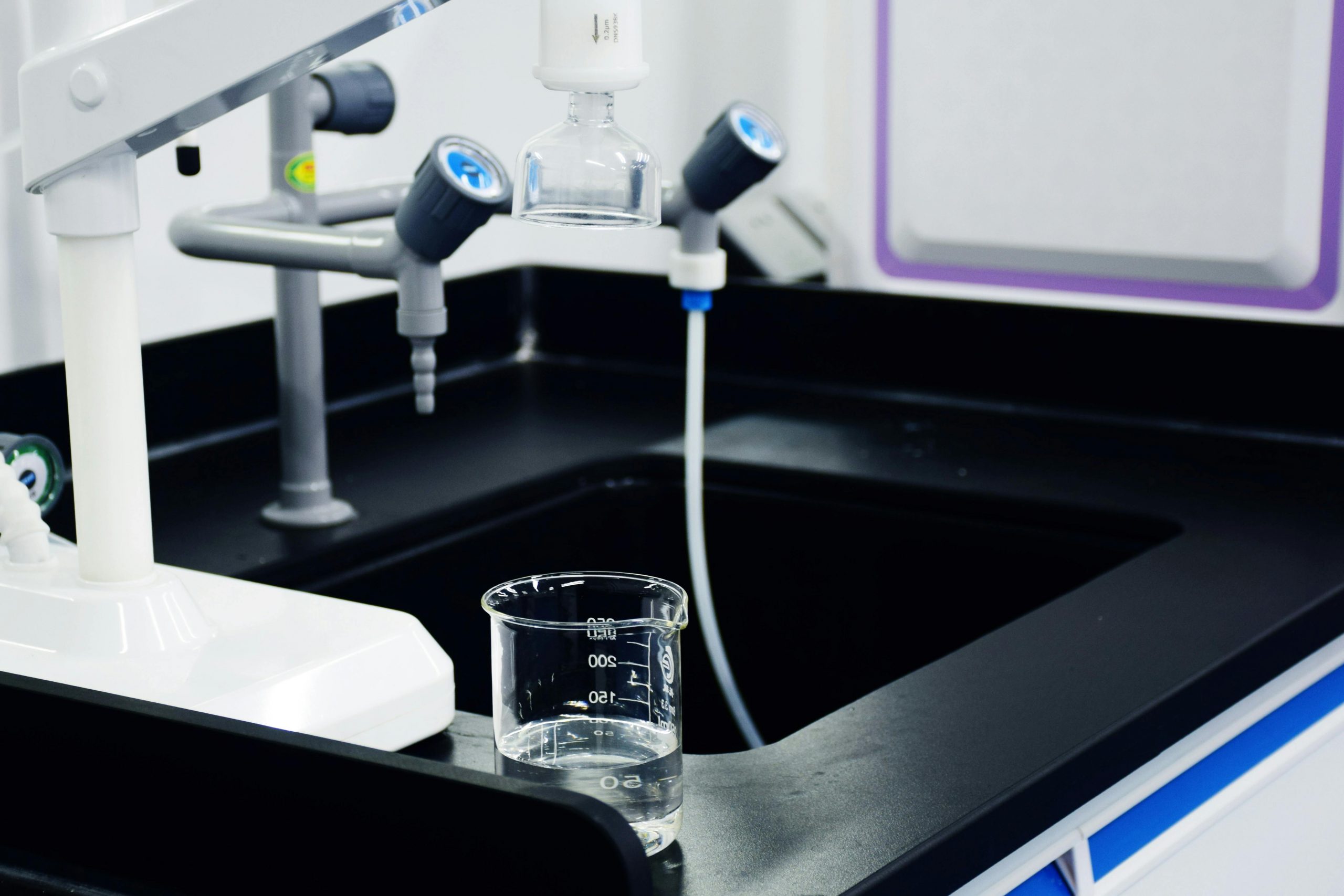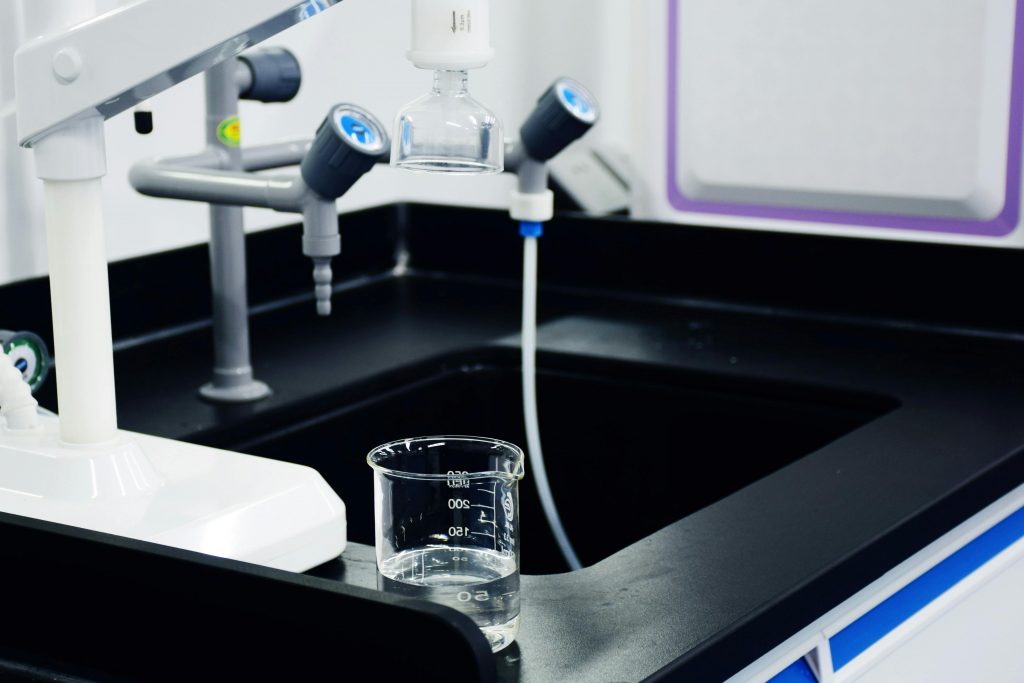Elevating Performance through Cutting-Edge Water Solutions

- Industrial Impact: Inefficient water solutions affect agriculture, industry, and urban well-being, highlighting the need for transformative measures.
- Smart irrigation transforms agriculture, enhancing efficiency and sustainability, as seen in real-world success stories and precision farming.
- Industries adopt advanced water treatment, recycling, and reuse, showcasing improved performance and sustainability with case examples.
- Smart city initiatives address urban water challenges globally, demonstrating performance improvement with innovative solutions and real-world examples.
- Clean water is crucial for public health, and innovations in water purification positively impact communities, emphasizing the importance of advanced water solutions.
Embark on a journey to unlock the potential of your surroundings as you explore the transformative realm of cutting-edge water solutions. In this exploration, you’ll delve into water management’s pivotal role in elevating performance across diverse sectors. Witness how innovative technologies and sustainable practices revolutionize agriculture, industry, and urban environments.
Discover the intricate ways in which precision irrigation, advanced treatment processes, and smart city initiatives shape a future where water isn’t just a resource but a catalyst for enhanced efficiency, sustainability, and overall performance. Welcome to the forefront of water solutions, where your engagement promises a world of positive change.
Current Challenges in Water Management
In water management, various challenges persist, necessitating a shift toward innovative solutions to enhance overall performance. The overarching issue lies in the scarcity and mismanagement of water resources, affecting agriculture, industry, and urban landscapes.
Brief Overview of Existing Challenges
Current challenges encompass depleting water sources, unpredictable weather patterns, and contamination risks. Population growth amplifies demand, stressing existing infrastructure. These factors collectively contribute to an urgent need to reevaluate traditional water management approaches.
Business owners should look for a reputable supplier of deionized water systems close to its location. Recognizing the imperative of responsible water management, business owners play a pivotal role in this paradigm shift. Embracing innovative solutions becomes paramount, and a tangible step toward this is adopting deionized water systems. Choosing a reliable supplier for deionized water systems becomes crucial for businesses seeking to minimize their environmental footprint and optimize water utilization.
Impact on Performance in Key Sectors
Inefficiencies in water solutions reverberate across critical sectors. In agriculture, inadequate irrigation methods lead to suboptimal crop yields, affecting global food security. Industries grappling with outdated water treatment processes face increased costs and environmental repercussions. Contending to water scarcity and pollution, urban areas experience compromised public health. It compromised municipal services, impacting the overall quality of life.
The Call for Innovative Approaches
The pressing need for innovative water solutions arises from the magnitude of these challenges. Traditional methods must catch up with evolving demands and environmental changes. Embracing technological advancements, sustainable practices, and integrated water management becomes imperative to navigate and mitigate the impact of water-related issues on global performance. As you confront these challenges, the quest for cutting-edge water solutions emerges as a crucial avenue for fostering resilience, sustainability, and improved performance across agriculture, industry, and urban ecosystems.
Revolutionizing Agriculture with Smart Irrigation
Agriculture undergoes a paradigm shift by integrating smart irrigation technologies, marking a transformative leap toward efficiency and sustainability.
Overview of Smart Irrigation Technologies
Smart irrigation leverages cutting-edge technologies such as sensors, drones, and data analytics to optimize water usage. These innovations enable real-time monitoring of soil moisture levels, weather conditions, and crop needs. Automated systems adjust irrigation schedules dynamically, ensuring precise water delivery to crops.
Benefits of Precision Agriculture
Precision agriculture, facilitated by smart irrigation, revolutionizes water efficiency and crop yield. Resources are used judiciously by tailoring irrigation based on specific crop requirements, reducing water wastage. The precision in water delivery fosters optimal growing conditions, enhancing crop quality and yield. Additionally, this approach minimizes environmental impact by curbing excessive water usage and mitigating runoff.
Case Studies Highlighting Success
Real-world implementations of cutting-edge water solutions in agriculture showcase notable success stories. Farms adopting smart irrigation witness significant water consumption reductions while experiencing improved crop productivity. These case studies illustrate the tangible benefits of precision agriculture, affirming its potential to revolutionize traditional farming practices and contribute to a more sustainable and productive agricultural sector. As you embrace the era of smart agriculture, integrating innovative water solutions becomes instrumental in ensuring food security, environmental sustainability, and increased resilience in the face of evolving climate challenges.
Industrial Water Efficiency and Sustainable Practices
Industries, often significant water consumers, are transforming towards advanced water treatment technologies. Innovations such as membrane filtration, reverse osmosis, and ultraviolet disinfection are instrumental in elevating industrial water efficiency. These technologies enhance the quality of water used in industrial processes and minimize waste and environmental impact.
The Role of Water Recycling and Reuse in Industrial Settings
Water recycling and reuse are integral components of sustainable practices in industrial settings. Reclaimed water, treated through sophisticated systems, is reintegrated into production processes, reducing the demand for fresh water. This mitigates the strain on local water sources and addresses concerns related to water scarcity and escalating costs.
Case Examples Illustrating Improved Performance and Sustainability
Numerous industries have successfully implemented innovative water solutions, showcasing tangible improvements in both performance and sustainability. For instance, a manufacturing plant adopting advanced water treatment reported significant reductions in water consumption, lowering operational costs and contributing to environmental conservation. Another example is implementing a robust water recycling system in a processing facility. This leads to decreased reliance on external water sources and substantial savings.
Urban Water Management for Resilient Cities
Urban areas grapple with multifaceted challenges in water management, including population growth, aging infrastructure, and the impact of climate change. Expanding urbanization intensifies water demand, stressing existing systems and often leading to water scarcity, flooding, and compromised water quality. The complexity of urban water challenges necessitates innovative and integrated solutions.
Introduction to Smart City Initiatives and Integrated Water Management Systems
Smart city initiatives emerge as a response to the intricate challenges of urban water management. At the core of these initiatives, integrated water management systems leverage technology and data to optimize water distribution, wastewater treatment, and stormwater management. These systems provide real-time monitoring, allowing cities to respond dynamically to changing conditions and improve overall water resilience.
Real-World Examples Showcasing Performance Improvement
Modern cities globally are at the forefront of adopting cutting-edge water solutions to enhance performance. Singapore’s holistic approach includes implementing advanced water purification technologies and turning wastewater into high-quality drinking water. Copenhagen’s innovative stormwater management systems mitigate flooding risks while enhancing water quality. These examples highlight the transformative impact of integrated, technology-driven water management in building resilient and sustainable urban environments.
The Impact on Human Health and Well-Being
Clean and accessible water is a cornerstone of public health, directly influencing the well-being of communities. Contaminated water sources pose severe risks, leading to waterborne diseases and compromising health. Access to safe water is fundamental for drinking, sanitation, and hygiene, forming the bedrock of disease prevention and community health.

Innovations in Water Purification and Distribution Systems
Innovations in water purification and distribution systems are paramount for ensuring the delivery of safe water to communities. Advanced technologies such as ultraviolet disinfection, membrane filtration, and smart monitoring systems enhance water quality and minimize contamination risks. These technologies contribute to developing robust, efficient, and sustainable water infrastructure, safeguarding public health.
Case Studies Demonstrating Positive Impact on Community Well-Being
Real-world case studies vividly illustrate the positive impact of advanced water solutions on community well-being. Communities adopting cutting-edge water purification technologies witness a significant reduction in waterborne diseases, fostering a healthier population. Improved distribution systems contribute to increased access to clean water, empowering communities and enhancing their overall quality of life. The transformative outcomes showcased in these case studies underscore the vital link between advanced water solutions, public health, and the well-being of communities at large. As these innovations continue to increase, the potential for creating healthier, more resilient societies becomes an achievable reality.
In your exploration of cutting-edge water solutions, you’ve uncovered a transformative landscape where innovation meets necessity. From revolutionizing agriculture with smart irrigation to fostering industrial efficiency and sustainable urban environments, the impact of these advancements on performance is undeniable. Embracing water recycling, smart technologies, and responsible practices becomes a choice and a responsibility. As you tread the path toward a water-conscious future, your engagement in adopting and advocating for these solutions catalyzes positive change. Through these efforts, you’re elevating performance and contributing to a sustainable, resilient, and harmonious world.




